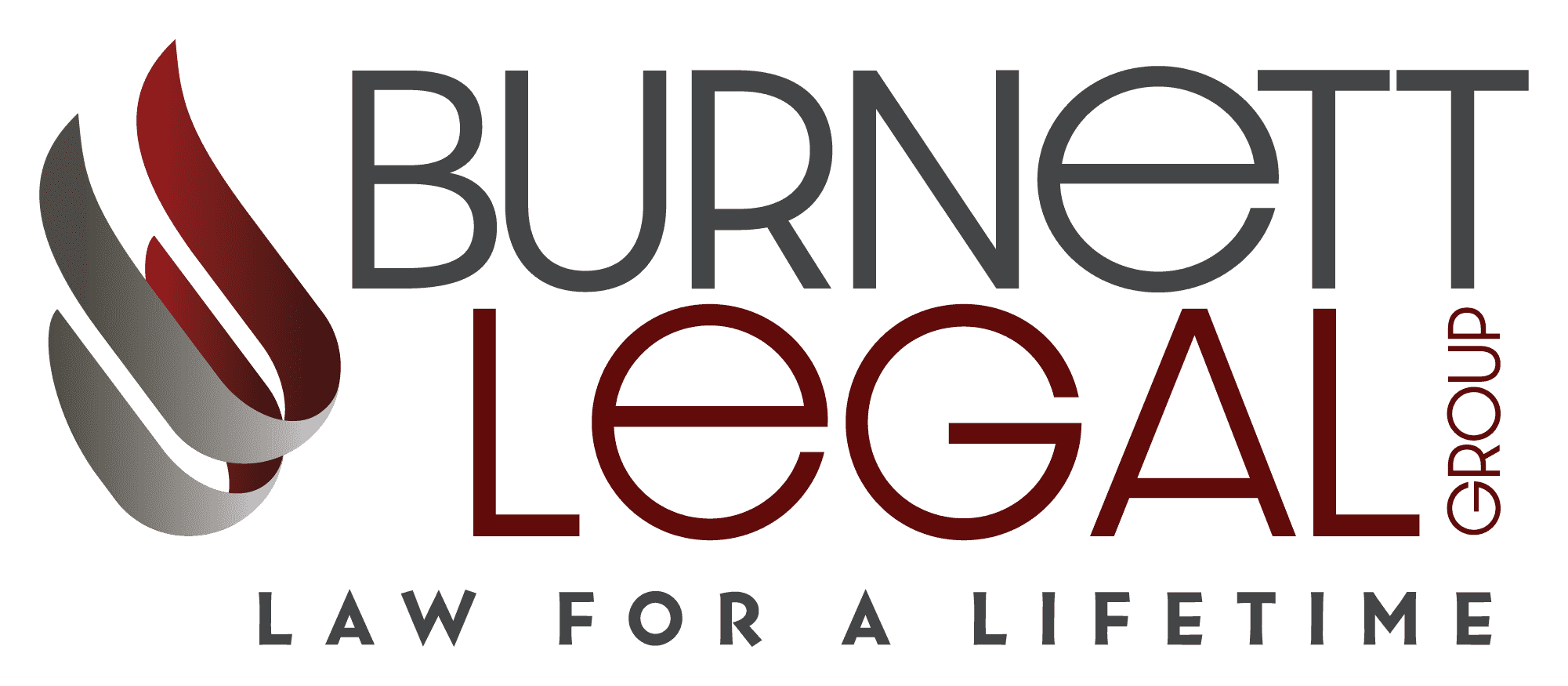Setting up a trust is a crucial element to any estate plan, and is an easy decision to make. The main reason why people set up trusts is to avoid probate. Because building a trust can be somewhat time consuming and complex, it’s imperative that you retain legal representation from an attorney who is capable and competent in preparing necessary documentation.
The importance of avoiding probate court proceedings cannot be understated. Legally proving a will and transferring assets to their respective inheritor can be a costly, confusing, and drawn out process. With this information in mind, it’s no wonder so many individuals take the necessary steps to avert such a hassle. After you set up a trust, however, it’s very likely that you’ll come across lingering issues pertaining to assets that are not held in trusts. While many people think their work is complete once they’ve placed assets in trusts and named successors, trustees, and beneficiaries, the reality is that you should also be checking for trusts that are not held within the trust. Should you fail to notice that there are assets not held within a trust, you could end up landing in probate court proceedings.
Joint Tenancy and Your Trust
There are ways to solve this issue. Opening a probate is unnecessary if the total value of the assets in your name – and not held by the trust – are below your state’s small estate’s threshold. If this is a concern that pertains to your case, you should not hesitate to bring this to your attorney’s attention since these laws vary state-by-state. It’s important to note, however, that the total value does not include the value of any assets held in joint tenancy, which is the holding of an estate by two or more parties. Those specific assets held in joint tenancy are automatically passed to the surviving joint tenant, whether it’s a house, bank account, or other valuable asset. Furthermore, this total also does not include assets with a beneficiary designation. Meaning, if a spouse has just a few small accounts under his or her name that has neither a beneficiary nor is held in joint tenancy with a surviving spouse, there is no need to open a probate transfer.
If you have any questions or concerns about your assets or estate, you should put Burnett Wilson Law on your side toady. Our Omaha estate planning attorney is skilled in focusing on families’ unique financial situations and helping them prepare for all stages of life.
Let our firm help you today. Call (401) 810-8611 for a free case evaluation.


